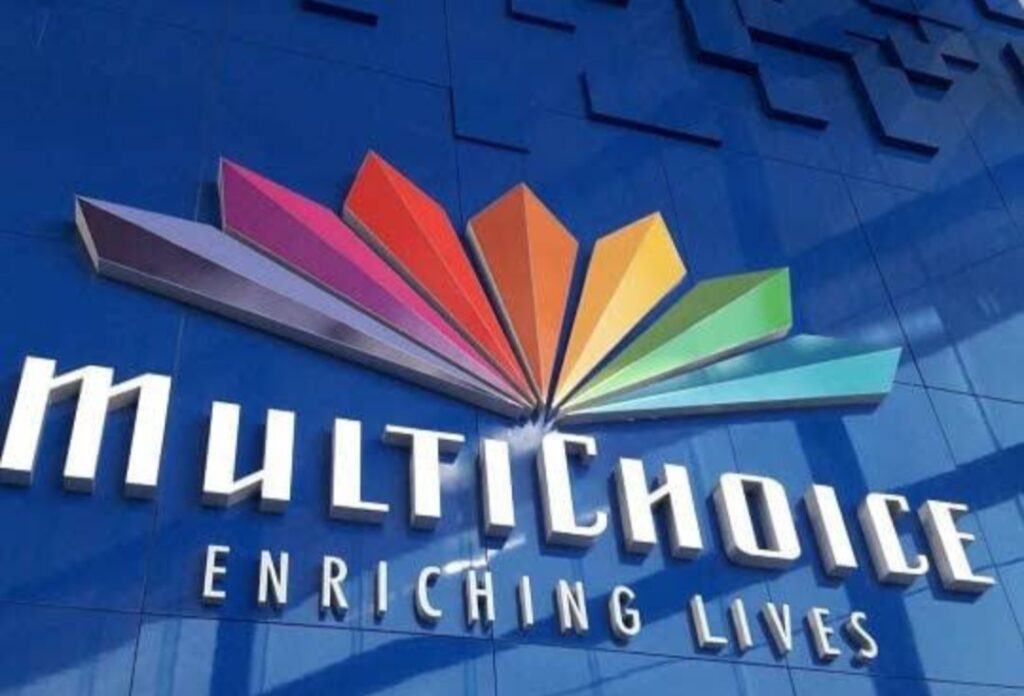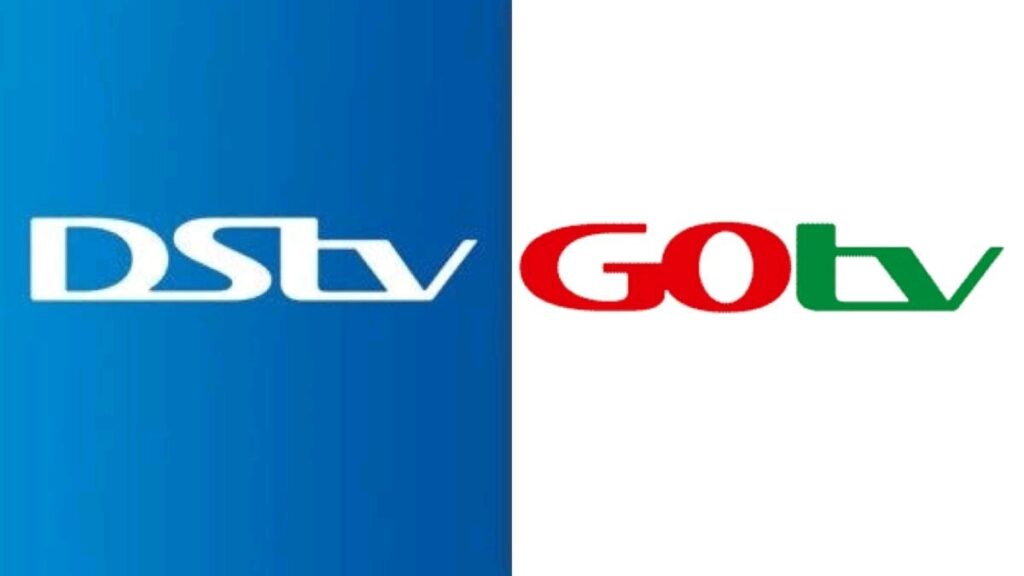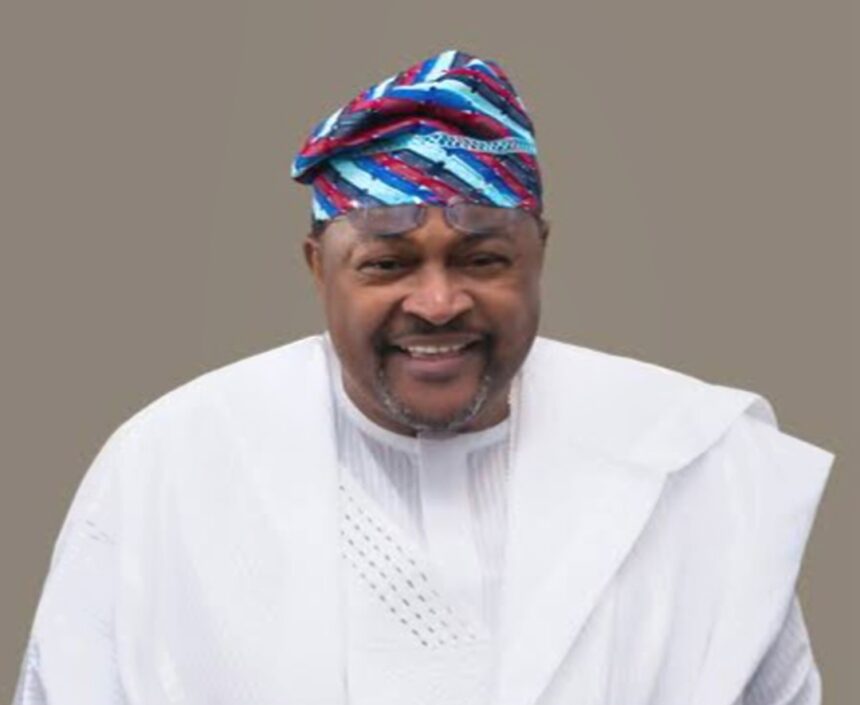“Monopolies are bad because people get bad service for high prices. Competition is good because people get good service for competitive prices.” — Timothy C. Draper
Over three decades ago, satellite television arrived the shores of Nigeria. Before then, many Nigerians were limited to terrestrial television services. The shift from terrestrial TV to satellite gave Nigerians, especially lovers of sports, entertainment and news, better option of quality of service.
Satellite TV, alias PayTV, began as an elite thing exclusively reserved for the rich and upper middle class, before gradually cascading to the masses. A similar experience with the arrival of mobile telephony services in the country known as GSM, but the only difference is that the pioneer PayTV company, MultiChoice, came into Nigeria from South Africa more than five years ahead of legacy mobile operators—MTN and Airtel (then Econet). …CONTINUE READING


While MultiChoice, owners of DSTV and GOTV, started penetrating PayTV market at the speed of light, MTN and Econet (Airtel) were doing same in the mobile telephony market. Two years after advent of GSM in the country, while Nigerians were rapidly embracing the services, SIM cards were still being sold for above N30,000 each.
Calls were being made at N50 per minute. Per Second Billing system was not an option. Every appeal to these legacy operators to reduce prices of their SIM cards and consider per Second Billing system, fell on deaf ears. Soon, it was clear to Nigerians that the companies had form a duopoly, holding grip on the mobile telephony market.
Similarly, MultiChoice had become behemoth in the PayTV industry in Nigeria, having monopolistic dominance. Telecom sector had two companies’ rule—duopoly, while MultiChoice monopolized the PayTV business. The hopes of Nigerians to acquire mobile lines became forlorn, because of its exorbitant prices made possible by oligopolistic tendencies in the industry.
In 2003, there was a seismic shift in the GSM market, Globacom quaked the industry. Chief Mike Adenuga, Jr., leaving his comfort zones in the oil, and gas and banking hemispheres, showed interest in the telecom industry. Glo was launched. The yoke of duopoly was broken. The first indigenous mobile operator became the disruptor. The impossible became possible.
Price of SIM cards was crashed. The Per a Second Billing (PSB), the legacy mobile operators said was not feasible was introduced by Globacom. Other mobile operators had no option than to crash their own prices; joined the bandwagon of Per a Second Billing, as a result of fear of being run out of the industry by “bullish” Globacom that ignited a bullish run in the sector.
The arrival of Glo in the GSM market brought unprecedented competition in the industry. Like Timothy C. Draper postulated in the opening quote of this piece, it became conspicuous to Nigerians that: “Monopolies are bad because people get bad service for high prices. Competition is good because people get good service for competitive prices.”
Over two decades of mobile telephony in the country, we leapfrog from paltry 4000 active phone lives in 2001, to over 100 million in 2024. Despite challenging operating environment in the nation, Nigerians have come to take cheap GSM services for granted because it was made possible by healthy competition provided by Globacom led by Dr. Mike Adenuga, Jr.
In the PayTV industry, the story is not pleasant. While MultiChoice has done a lot to provide satellite television services to millions of its customers across the country and beyond, its monopolistic nature is no longer golden for millions of Nigerians yearning for a strong competitor in the PayTV market.
Like legacy mobile operators argued in the GSM market before Glo threw its heart in the ring, MultiChoice has stock to its guns that Pay-as-You-View is not possible in Nigeria as obtained in other climes. It has remained adamant in its dogmatic position because of two factors—weak regulations and absence of a strong competition.
Pay-as-You-View in the satellite television services is closely related to Per a Second Billing in the mobile telephony services. If not that Glo disrupted the GSM industry, Nigeria would be making calls at Per a Minute rate of N150, instead of Per a Second that we have today, even at a much cheaper rate. Prices of SIM cards would have gone up from N30,000 in 2001 to about N120,000, today, instead it nosedived.
These projections might sound mythical and unrealistic, but the legacy mobile operators would had given similar reasons MultiChoice is giving today, like: “high cost of operations, exchange rate crisis, etcetera”, to continuously hike GSM charges. For instance, MultiChoice’s decoders Nigerians began purchasing less than N7,000 when it debuted in the country around 1995, is over N100,000 today.
In the last three years, MultiChoice has arbitrarily jacked up its tariffs more than five times, citing inflation and naira devaluation. Sadly, the quality of its contents has not really improved. It is still the same story of recycling of stale programs. As at today, the PayTV giant is not even considering Pay-as-You-View, to give customers commensurate value for their money.
In electricity sector, estimated billing system, which is equivalent to what MultiChoice is offering today in PayTV, has become outdated. Pre-paid metering system has empowered customers to determine consumption rate and evaluate value for power consumed. In the face of epileptic electricity supply in the country, it does not make economic sense for MultiChoice to continue with its current payment system.
Come to think of it, even Nigerians on Band A cannot boost of twenty hours of power supply. About seventy percent of DSTV/GOTV customers watch TV mainly in the evening and weekends. Where is the value for monthly payment system? Supposed regulators of PayTV services in the country have left customers in the winter cold. We are now at the mercy of monopolistic service provider.
In the past, some indigenous companies in the satellite television market tried to provide an enviable options to Nigerians but could not measure up to the South African legacy investor, MultiChoice. It has been one pathetic story of failure one after another and series of bankruptcies after few years of operations.
From HiTV to TSTV to recently, SLTV, none of the indigenous companies has been able to break the monopoly in the market, mainly for reasons ranging from lack of technical capacity, deep pocket and media savvy, etcetera, respectively. Longevity is always the challenge. A new PayTV will launch operation; raising the hopes of Nigerians, before you could say Jack; it has disappeared into thin air.
As a disgruntled subscriber to PayTV services with limited option because of strangulating monopoly, on behalf of other Nigerians, are yearning for a strong competition in the industry. I want to use this medium to passionately appeal to Dr. Mike Adenuga, Jr. to please consider investing in PayTV market.
It is not only a clarion call but patriotic prayer to an entrepreneurial Icon who has demonstrated ingenuity in taking on behemoths and dismantling monopolistic tendencies as demonstrated with Globacom Limited in the last two decades of its establishment.
While Glo has online streaming app called GloTV, looking in the direction of satellite television is not out of place, especially in the interest of Nigerians clamoring for strong competition. I am sure that Dr. Mike Adenuga, Jr., even at the age of 70 plus, like a typical “The Bull”, still has the strength of character, power of ideas and financial stamina to untie the monopoly in the PayTV market.
The love for foreign sporting activities, entertainment programs and news, which satellite TV provides, has made Nigerian consumers helplessly beholding to monopolistic service provider. The failure of our regulatory institutions has made subscribers more vulnerable to incessant hike in tariffs in the industry.
Even Nigerian courts and tribunals have become toothless bulldogs in the face of crippling monopoly. For example, MultiChoice has consistently disobeyed orders of Nigerian courts/tribunal restraining the company from increasing its tariffs.
In 2015, an order of Justice C.J. Aneke of Federal High Court, Lagos, stopping MultiChoice from increasing its tariffs as proposed then, was brazenly disobeyed. Multichoice went ahead with the increment.
In 2018, similar order made by Justice Nnamdi Dimgba of Federal High Court, Abuja, in favor of Consumer Protection Council, restraining the firm from again increasing prices of its services pending the determination of matter before the Court, was ignored and tariffs were upwardly reviewed.
Orders of Competition and Consumer Protection Tribunal made against the South African company, MultiChoice, in March, 2022 and April, 2024, respectively, regarding tariffs increment were violated without consequences. No Nigerian company would dare try half of this level of impunity in South Africa where MultiChoice originated.
Regulatory agencies failed in this aspect. The intervention of Nigerian courts has been made ineffectual by consistent disobedient of its orders. In the foregoing context, only a strong indigenous competitor will protect Nigerians from exploitative tendencies of monopoly in the PayTV industry.
“The love for foreign sporting activities, entertainment programs and news, which satellite TV provides, has made Nigerian consumers helplessly beholding to monopolistic service provider. The failure of our regulatory institutions has made subscribers more vulnerable to incessant hike in tariffs in the industry.”
Chidiebere wrote via chidieberenwobodo@yahoo.com




Please let the green and red house also look into this because,we Nigerias has suffered in the hand of this multi choice.